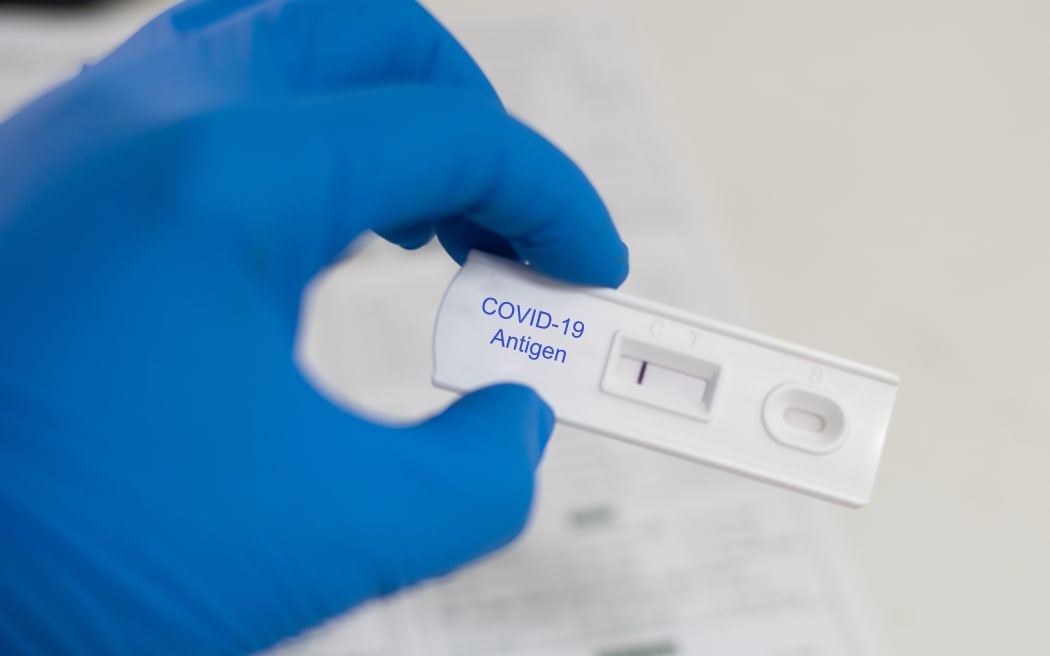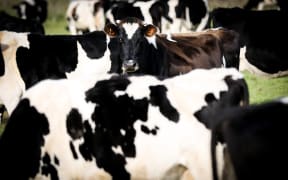The horticulture and meat processing industries are among those advocating for the government to allow the private importation of rapid antigen tests, saying they're worried Covid-19 testing capacity could impact on staffing.

Photo: 123RF
The industry group Horticulture New Zealand said if Covid-19 testing capacity slowed that would impact monitoring - as well as return to work decisions - at a time when the sector needed as many hands on deck as possible.
Chief executive Nadine Tunley said it was imperative there was a focus on maximising the number of people available, to keep the supply chain operating during the Omicron response.
"We have strenuously pointed out to the government that our industry cannot withstand any further labour shortages as growers will be faced with having to leave vegetables in the ground and fruit on trees."
Tunley said some businesses were already regularly testing their staff and where possible they should keep this up. But she said a complicating factor would be that PCR test result turnaround times would increase as Omicron spreads and there could be a shortage of rapid antigen tests.
The government has said critical workers would be prioritised for the allocation of rapid antigen tests, but currently the definition of critical is weighted towards domestic food supply only, she said.
"HortNZ and product groups are engaging with the Ministry for Primary Industries (MPI) to ensure the definition of 'critical' covers all those businesses and workers that make up the fruit and vegetable supply chain."

There are fears some fruit and vegetables won't be picked if there is a shortage of workers due to the difficulty of accessing rapid antigen tests. Photo: 123RF
The chief executive of the Meat Industry Association, Sirma Karapeeva, said a number of its members had been affected by the government's decision to reprioritise rapid antigen tests and that was extremely disappointing.
"These meat processing and exporting companies have done the right thing to protect their people and their businesses from Covid-19 and it is frustrating for them to hear at the eleventh hour that they will not be receiving the volumes they ordered."
Karapeeva said as New Zealand's largest manufacturing industry, its focus is now on ensuring the sector has the necessary volumes of tests from the government or third party suppliers to ensure staff can safely return to work at the earliest opportunity.
"This is critical so we can keep our supply chain open and continue processing food for New Zealand and our global markets."







